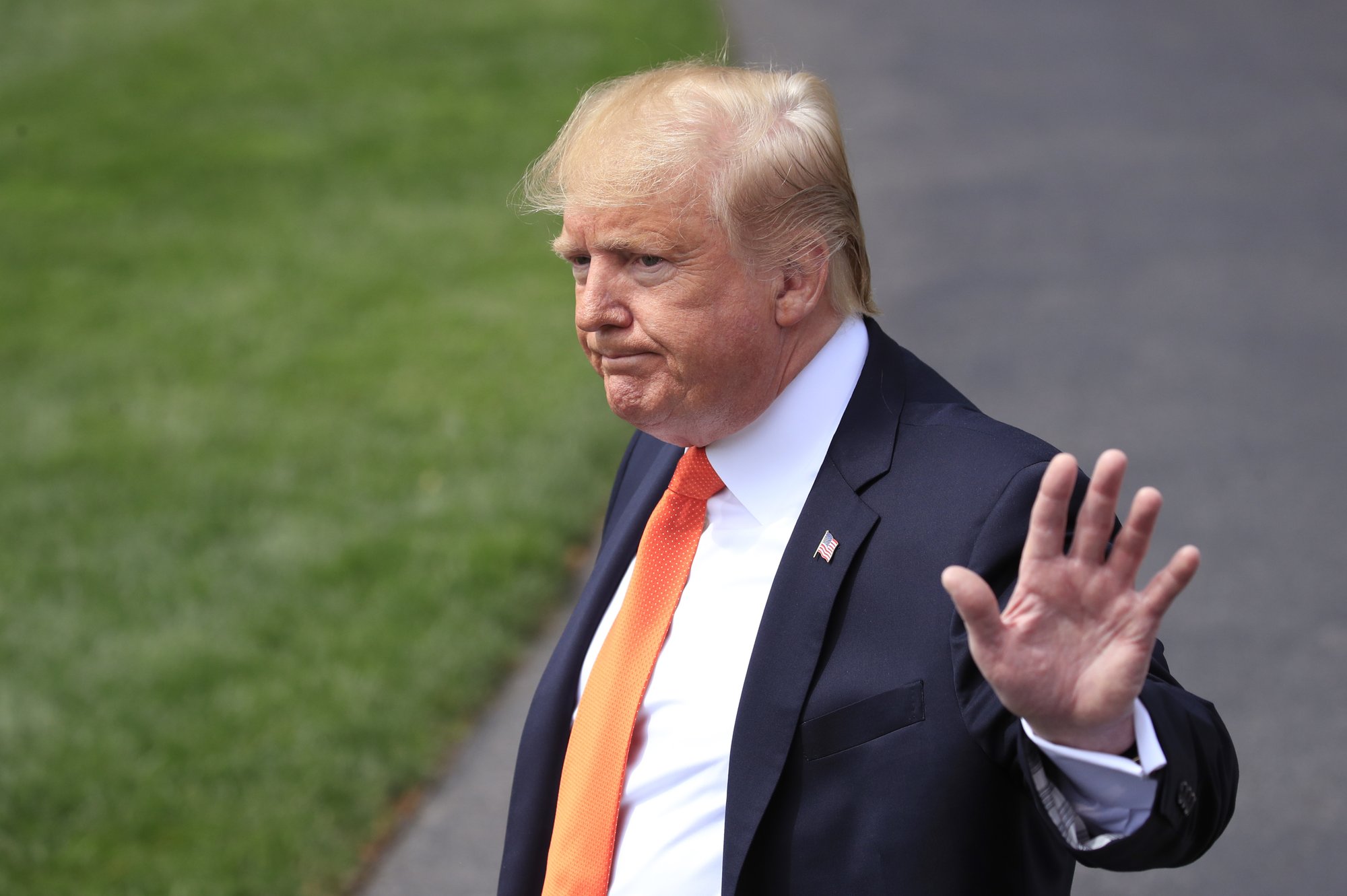
(File photo: AP)
The vote in the divided House of Representatives on October 31, approving a resolution by 232 to 196 to endorse the impeachment inquiry has led the process to a new public phase. It was the third time for the House in modern history to vote on an impeachment inquiry into a sitting president.
Technically speaking, the resolution would push the impeachment investigations to a more clear-cut pathway by offering both Democrats in the House and President Trump certain rights concerning the impeachment inquiry.
For instance, the resolution authorizes the House Intelligence Committee to convene public hearings and compile the findings in a report. Then the report will be delivered to the Judiciary Committee where whether to recommend articles of impeachment will be considered. The rule also allows Trump and his legal team to participate when the Judiciary Committee starts their proceedings.
The vote on the resolution and the impeachment inquiry, per se, will undoubtedly widen the partisan divides in Washington. The Democrats took the step mainly because the Republicans had criticized Democrats for keeping closed-door hearings and 30 House Republicans even attempted to force entry into one of the hearings on October 23.
The major reason for both parties to choose a contradictory approach rather than an accommodating one is that they have different understandings of public support. Republicans believe that if most Americans grow tired of the Democrats' political attacks on Trump and perceive impeachment as a political tool, Democrats will end up hurting themselves when they lose their seats in Congress next year.
But for Democrats, they deem the Republican protest on the impeachment inquiry a bluff. Those Democrats, especially the freshmen who flipped seats in the mid-term elections, who at first resisted a formal floor vote, now unite behind the idea that most American people are supporting the impeachment.
Impeachment is not an easy task in American politics. Although the US Congress theoretically has the power to impeach and convict the President, the complexity of the mechanism makes the impeachment process quite painful. No US President has ever been convicted.
Moreover, Trump still has a solid "red wall" in the Senate, and the majority of Republican support could still protect him from conviction and removal if he is impeached in the House. So even if some Republicans were to be willing to support the Democrats' efforts, Trump would not be convicted as long as more than 34 senators support him.
However, the Democrats will not easily give up. The Democratic-controlled House committees are also fully using its power to subpoena Trump's team members and officials for more evidence, escalating the impeachment battle.
The impeachment inquiry has created chaos and disrupted Trump's campaign for re-election. In the short term, it is definitely not good news for Trump. After taking office, Trump was engulfed in scandals, and rumors of chaos in the White House never ceased. The impeachment inquiry will occupy most of Trump's energy to solve impeachment problems instead of advancing his own political agenda.
In the long run, the ongoing impeachment process and its political impacts are still full of uncertainties. A key indicator to watch is whether a majority of Americans think the charges are sufficient enough to convict Trump. According to several latest polls, Americans remain deeply divided over the impeachment as nearly half of them believe Trump should not be impeached and removed from the office.
One certain impact is that the impeachment process will further polarize and poison American politics. Polarization is an important cause of the US legislative deadlock and inefficient governance. The impeachment inquiry, even with more evidence disclosed, is unlikely to produce bipartisan consensus on the issue. Instead, the line between the two parties will become clearer against the backdrop of the upcoming presidential election.
There is only one way to end these ugly partisan fights and that is for the Republicans to reach some kind of breaking point with Trump if more Republicans are emboldened to confront the president. But Republicans must consider whether they could afford the high political price of abandoning Trump - losing the presidential election in 2020.


